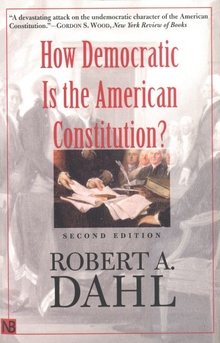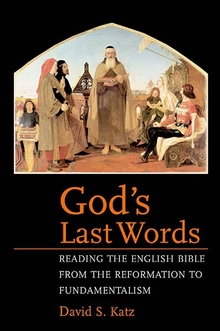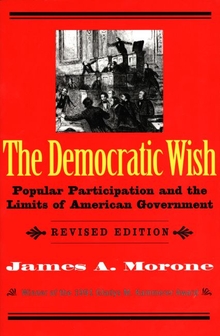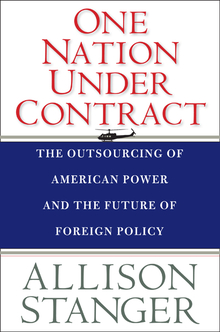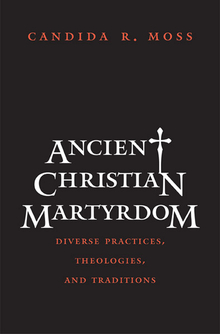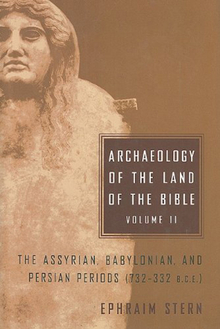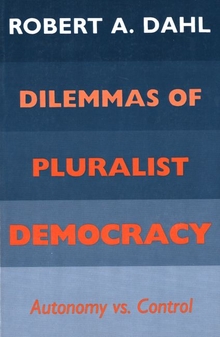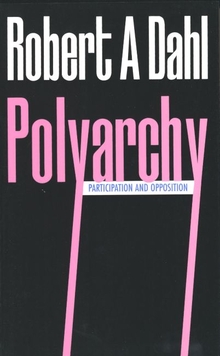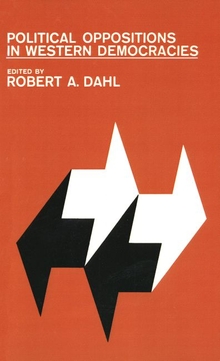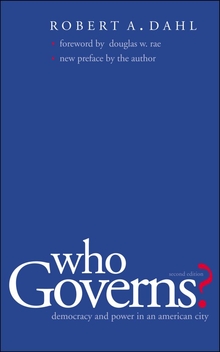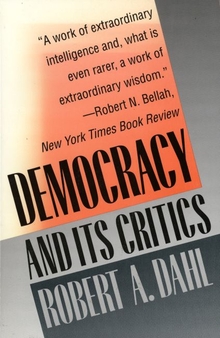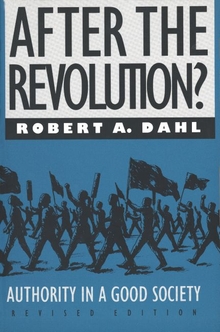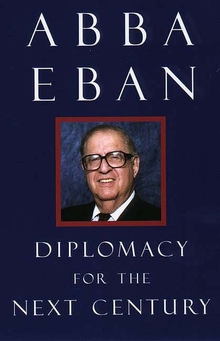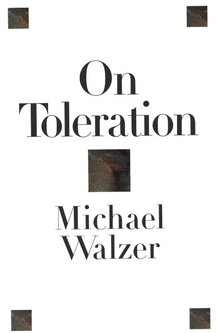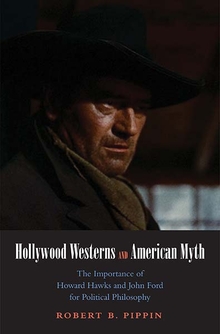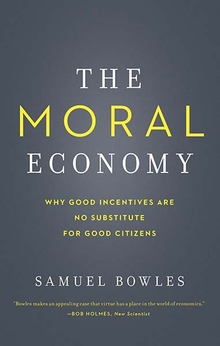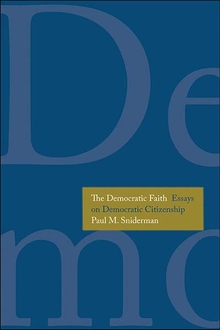How Democratic Is the American Constitution?
WARNING
You are viewing an older version of the Yalebooks website. Please visit out new website with more updated information and a better user experience: https://www.yalebooks.com
Robert A. Dahl
A Washington Post Book World Best Seller
“Robert A. Dahl . . . is about as covered in honors as a scholar can be. . . . He knows what he is talking about. And he thinks that the Constitution has something the matter with it.”—Hendrik Hertzberg, New Yorker
“A devastating attack on the undemocratic character of the American Constitution.”—Gordon S. Wood, New York Review of Books
In this provocative book, one of our most eminent political scientists poses the question, “Why should Americans uphold their constitution?” The vast majority of Americans venerate the Constitution and the democratic principles it embodies, but many also worry that the United States has fallen behind other nations on crucial issues, including economic equality, racial integration, and women’s rights. Robert Dahl explores this vital tension between the Americans’ belief in the legitimacy of their constitution and their belief in the principles of democracy.
Dahl starts with the assumption that the legitimacy of the American Constitution derives solely fromits utility as an instrument of democratic governance. Dahl demonstrates that, due to the context in which it was conceived, our constitution came to incorporate significant antidemocratic elements. Because the Framers of the Constitution had no relevant example of a democratic political system on which to model the American government, many defining aspects of our political system were implemented as a result of short-sightedness or last-minute compromise. Dahl highlights those elements of the American system that are most unusual and potentially antidemocratic: the federal system, the bicameral legislature, judicial review, presidentialism, and the electoral college system.
The political system that emerged from the world’s first great democratic experiment is unique—no other well-established democracy has copied it. How does the American constitutional system function in comparison to other democratic systems? How could our political system be altered to achieve more democratic ends? To what extent did the Framers of the Constitution build features into our political system that militate against significant democratic reform?
Refusing to accept the status of the American Constitution as a sacred text, Dahl challenges us all to think critically about the origins of our political system and to consider the opportunities for creating a more democratic society.
“Robert A. Dahl . . . is about as covered in honors as a scholar can be. . . . He knows what he is talking about. And he thinks that the Constitution has something the matter with it.”—Hendrik Hertzberg, New Yorker
“A devastating attack on the undemocratic character of the American Constitution.”—Gordon S. Wood, New York Review of Books
In this provocative book, one of our most eminent political scientists poses the question, “Why should Americans uphold their constitution?” The vast majority of Americans venerate the Constitution and the democratic principles it embodies, but many also worry that the United States has fallen behind other nations on crucial issues, including economic equality, racial integration, and women’s rights. Robert Dahl explores this vital tension between the Americans’ belief in the legitimacy of their constitution and their belief in the principles of democracy.
Dahl starts with the assumption that the legitimacy of the American Constitution derives solely fromits utility as an instrument of democratic governance. Dahl demonstrates that, due to the context in which it was conceived, our constitution came to incorporate significant antidemocratic elements. Because the Framers of the Constitution had no relevant example of a democratic political system on which to model the American government, many defining aspects of our political system were implemented as a result of short-sightedness or last-minute compromise. Dahl highlights those elements of the American system that are most unusual and potentially antidemocratic: the federal system, the bicameral legislature, judicial review, presidentialism, and the electoral college system.
The political system that emerged from the world’s first great democratic experiment is unique—no other well-established democracy has copied it. How does the American constitutional system function in comparison to other democratic systems? How could our political system be altered to achieve more democratic ends? To what extent did the Framers of the Constitution build features into our political system that militate against significant democratic reform?
Refusing to accept the status of the American Constitution as a sacred text, Dahl challenges us all to think critically about the origins of our political system and to consider the opportunities for creating a more democratic society.
Robert A. Dahl is Sterling Professor Emeritus of Political Science at Yale University and past president of the American Political Science Association. He is the author of numerous books, including Who Governs?, Democracy and Its Critics, and On Democracy, all published by Yale University Press.
"This is a lively and challenging volume for those who still think of the Constitution as sacred text. Highly recommended at all levels."—Choice
"Dahl probably is the US’s leading scholar of democratic theory. . . . This is a lively and challenging volume for those who still think of the Constitution as sacred text. Highly recommended at all levels."—Choice
"[A] thoughtful and accessible book."—Franklin I. Gamwell, Christian Century
"A devastating attack on the undemocratic character of the American Constitution."—Gordon S. Wood, New York Review of Books
"Robert A. Dahl . . . is about as covered in honors as a scholar can be. . . . He knows what he is talking about. And he thinks that the Constitution has something the matter with it."—Hendrik Hertzberg, New Yorker
"Students of government, professional and otherwise, and interested general readers will find this book a valuable starting point for thinking about how to improve the performance of American democracy."—Richard J. Maiman, Perspectives on Political Science
"This book is vintage Dahl at the highest possible level. It is lucid, acutely analytic, literate, and both consistent with the long series of previous books by Dahl and new in its details and broad contours."—Fred Greenstein, Princeton University
"Dahl is . . . a sober and meticulous scholar with unparalleled historical and comparative knowledge of democratic systems. . . . How Democratic is the American Constitution? isreadable, provocative, and presents, in some ways at least, an unorthodox case against the Constitution. . . . [Dahl] makes a decisive case against undue constitutional reverence and against many aspects of the Constitution."—Alan Gibson, The Review of Politics
"Dahl, the dean of American political scientists at the age of 87, offers not only a clear-headed dissection of the U.S. constitutional order but delivers it in prose refreshingly clear of jargon, terms of art, insider neologisms and superfluous data."—R.K. Baker, The Times of Trenton (N.J.)
"Some may find it a startling question, as most Americans have an unwavering faith in the Constitution and its principles. But the author argues that we should not be afraid to examine it and to consider other options for achieving a more democratic society."—Washington Post Book World (Best Seller List/Washington is Also Reading)
"Some may find it a startling question . . . [b]ut the author argues . . . we should not be afraid to examine it. . . ."—Washington Post Book World (Best Seller List/Washington is Also Reading)
"Dahl probably is the U.S.’s leading scholar of democratic theory. . . . This is a lively and challenging volume for those who still think of the Constitution as sacred text. Highly recommended at all levels."—Choice
Selected by Choice as a 2003 Outstanding Academic Title
Selected by the American Library Association (ALA) as one of "The Best of the Best from the University Presses: Books You Should Know About," 2003
Selected as an outstanding book by University Press Books for Public and Secondary School Libraries
ISBN: 9780300095241
Publication Date: November 10, 2003
Publication Date: November 10, 2003
240 pages, 5 x 7.75
2 graphs
2 graphs

